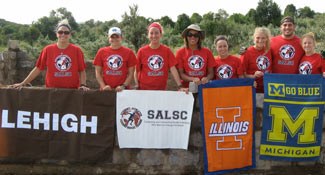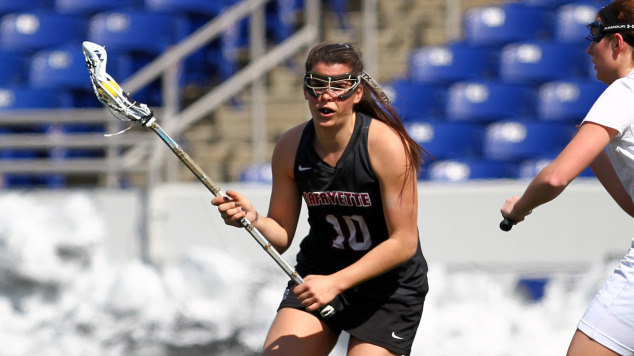


4 Ways to Build Up and Train Your Leaders

By Dr. Greg Shelley, Director of Leadership Academies at Lafayette and Fordham
Adapted from Greg's book - Coach Up.
Once you select your team leaders, they must be further developed. To do so, you must be willing to set aside the necessary time to “build up” (train) your leaders. Most young leaders need support and encouragement as they learn and refine their leadership skills. If you cannot provide the needed leadership training or you don’t feel you have the knowledge or the time to do so, be sure to seek additional help (e.g., books, online training programs, or sports leadership consultants).
A proven leadership training program is critical to the complete development of your athletes and team. Training good team leaders will be one of the most important things you do for the future development of your program. Remember, as your leaders go your team goes. Bring your leaders in . . . then take the time to build your leaders up.
 1. Encourage your leaders to “talk it.”
1. Encourage your leaders to “talk it.”
When your leaders are committed, making good decisions, putting the team first, and consistently leading by example, they have “earned the right” to verbally support, encourage, and “talk” to their teammates. In reality, anyone can offer positive words to teammates but positive and encouraging words from team leaders who are extremely committed, confident, and composed generally have the greatest impact. When hard working leaders encourage, support, and empower their teammates (talk it) . . . it just means more!
 2. Ask your leaders to “support it.”
2. Ask your leaders to “support it.”
Your leaders must also be willing to adopt the role of “team spokesperson.” A good “support it” leader must understand the mood of the team and be willing to talk to coaches on behalf of the team. Good team leaders have to support their teammates and be a positive voice for their team. In addition, leaders must be willing to “take a stand” for their coaches in terms of supporting what their coaches are saying and promoting. It is a difficult task but good team leaders support their teammates and coaches.
 3. Promote your leaders to “own it.”
3. Promote your leaders to “own it.”
The best leaders take responsibility for their own actions, as well as team outcomes. Responsible leaders “own it” by taking ownership of team meetings, what happens at practices, how their team performs in competitions, and what takes place in various social/team gatherings. Good leaders take responsibility for their team and everything that surrounds their team. In short, they see themselves responsible for how the team is currently performing and how their team prepares for the future.
 4. Empower your leaders to “enforce it.”
4. Empower your leaders to “enforce it.”
Without question, one of the most difficult team leader roles is to enforce an agreed upon team standard and hold teammates accountable for their performances. Nobody likes to be told they lack effort, their attitude is bad, or their interpersonal interactions are bringing the team down. however, team accountability is a must and the best leaders are willing to say what needs to be said... regardless of the situation or personnel involved. You need leaders who are willing to accept the challenge of enforcing higher standards and demanding “extra” from teammates, even if it means teammates sometimes getting angry or resentful. While the enforcing role is difficult, leaders who are willing to “enforce it” often propel their teammates toward greater successes. empower your team leaders to enforce a higher team standard.
.jpg) Coach Up
Coach Up
Check out Greg's fantastic book called Coach Up. It is packed with proven ideas to take your team to the next level! Click here to order!
